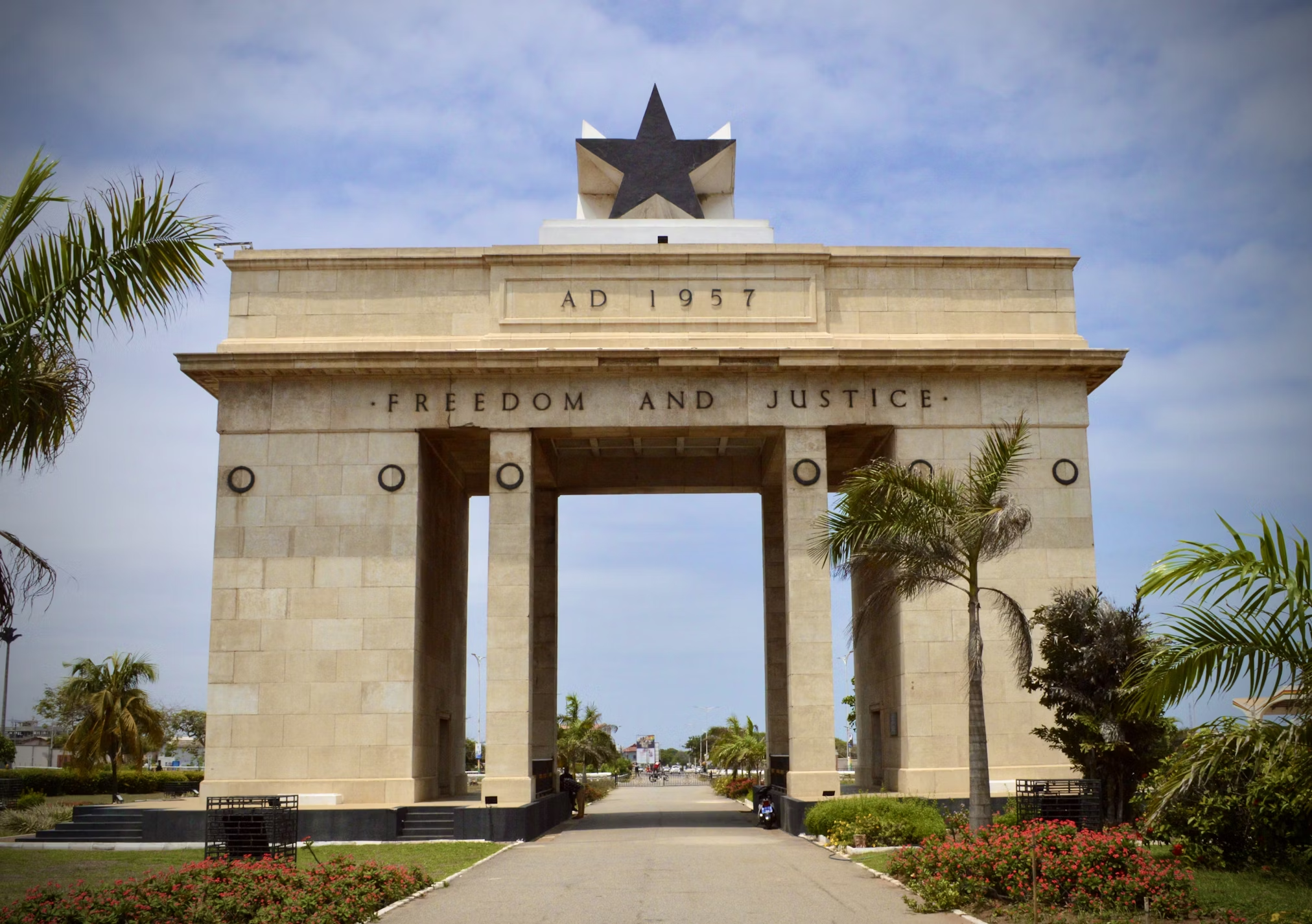Considering a move from the USA to Ghana? You’ll find the cost of living in Ghana’s cities is far lower in many categories. For example, a one-bedroom city-center apartment in Accra rents for about $534/month, whereas in New York City it’s around $3,979. Los Angeles and Chicago city-center rents (often $2,000–$3,000) are also far higher than Ghana’s. Kumasi (Ghana’s second city) can be even cheaper – around $67/month for a 1‑bed in the center – and Tamale (the third city) roughly $202. In short, housing and rent costs in Ghana are just a fraction of U.S. levels (Accra’s rents are 75–885% lower than the U.S. norm).
Housing & Mortgages
Buying a home shows a mixed picture. In Accra, city-center apartment prices are about $427 per square foot, versus $1,668 in Manhattan. Interestingly, this implies Accra’s price per square foot is lower than NYC’s, but outside the center U.S. prices can be similar. (Chicago city-center is around $312/sqft, for example.) However, mortgages in Ghana are extremely expensive: typical rates around 24–25% APR versus roughly 6–7% on a 20-year fixed loan in the U.S. Investors and expats often end up renting instead. Overall, Ghana’s home purchase costs are lower, but high interest rates make buying less accessible than in the U.S.
Renting
Renting is dramatically cheaper in Ghana. As noted, a 1‑bed flat in central Accra is about $534 vs $2,360 in Chicago or $3,979 in NYC. Even outside prime locations, U.S. rents dwarf Ghana’s. For example, a 1‑bed outside downtown Accra is ~$148, while a similar Chicago apartment is ~$1,552. (Los Angeles would be thousands of dollars too.) Living spaces in Kumasi or Tamale are even cheaper. In Kumasi city-center you could find a 1‑bed for $67, so if you’re on a tight budget Ghana can be very affordable.
Food & Groceries
Eating out and grocery shopping cost far less in Ghana. A simple meal at a local restaurant in Accra is only ~$3.66, compared to ~$20 for a basic meal in the U.S. McDonald’s meals and coffees are also much cheaper (e.g. McMeal ~$7.78 vs $11.50; coffee ~$2.92 vs $5.23). Groceries show similar gaps: a loaf of bread is $1.25 in Ghana vs $3.29 in the U.S. (–62%), and chicken, eggs, and most staples cost 40–60% less. (The one exception is milk – about $10.85 in Ghana vs $4 in the U.S. – likely due to supply/demand differences.) Overall, your dollar stretches much further on food in Ghana.
Healthcare
Healthcare in Ghana is much cheaper per person but also less comprehensive. Ghana’s current health spending is only about $100 per capita, whereas the U.S. spends around $13,432 per person. This means doctor’s visits, medications, and procedures cost a small fraction of U.S. prices. However, insurance coverage is limited: many locals pay out-of-pocket or use the national insurance scheme, and private hospitals, while still cheaper than in the U.S., can add up. Americans used to premium plans might miss U.S.-style insurance, but basic care in Accra and Kumasi is affordable. (Pharmacies and clinics are widespread – just expect differences in waiting times and facilities.)
Transportation
Transportation costs also favor Ghana. For example, a taxi or ride-share in Accra might cost $5–10 for 5–10 km, whereas in NYC a taxi could easily hit $40 for an hour of waiting. Fuel prices are roughly comparable (about $4 per gallon in Ghana, similar to U.S. levels). However, car prices are lower in Ghana (a new Toyota Corolla is about $9,646 in Accra vs ~$27,985 in Chicago) — though remember many buyers import used vehicles. Public transit in Ghana (buses, tro-tros and shared cabs) is very cheap – often under $0.50 per ride – unlike U.S. bus fares of $2–3. If you rely on cabs or drive, you’ll save money; if you often drive, high local speeds and traffic are a trade-off.
Conclusion
In summary, all six cost categories are generally lower in Ghana’s big cities than in major U.S. cities. Housing and rent can be an order of magnitude cheaper, food and dining are much less expensive, and healthcare and transportation costs are dramatically lower per capita. The main caution is that wages and services are also lower: Ghana’s average salaries are a few hundred dollars per month, so local purchasing power is lower despite the cheaper prices. For Americans considering the move, the big savings on living essentials might offset the adjustment to local incomes and services.
Sources
- Numbeo – Cost of Living Comparison: Accra vs New York, Los Angeles, Chicago
- Numbeo – Property Prices and Rent in Ghana and U.S. cities
- Numbeo – Grocery Prices and Restaurant Costs: Ghana vs USA
- LivingCost.org – City cost profiles for Accra, Kumasi, and Tamale
- Macrotrends – Ghana Health Care Spending per Capita
- HealthSystemTracker.org – U.S. Health Spending Per Person
- Trading Economics – Ghana Bank Lending Rate
- Statista – Average Mortgage Interest Rates U.S. 2024



